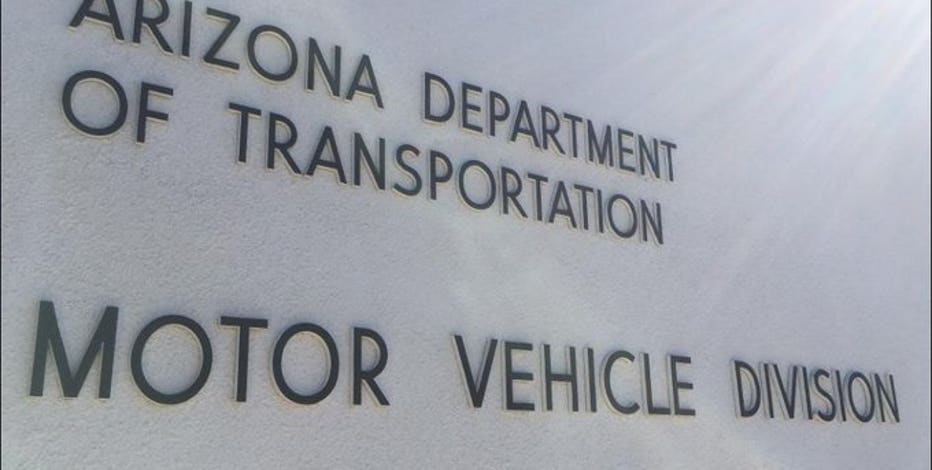Northern Arizona University reopened for in-person classes

FLAGSTAFF, Ariz. - Northern Arizona University has reopened for in-person classes, welcoming students for the first time since the coronavirus pandemic closed the Flagstaff campus in March.
The announcement came three weeks after the university began its academic year online, the Arizona Daily Sun reported.
As of Aug. 31, 29,594 students were enrolled in classes across all the NAU campuses, with more than 6,000 students living in university-owned residence halls.
Some faculty members have continued to raise concerns about the return to campus as Coconino County health officials reported an additional 55 cases last week, increasing the total to 3,205 confirmed COVID-19 cases.
Coronavirus in Arizona: Latest case numbers
“I’ve heard from dozens and dozens of (faculty) who are hesitant to return to the classroom face-to-face, not because you are uncooperative or wish to harm students as some have suggested, but because you as faculty have the most contact with students," NAU Faculty Senate President Gioia Woods said in a senate meeting Monday.
The union that represents faculty, staff and graduate student employees, released its own statement Sunday calling for university administrators to stop reopening plans and, instead, provide accurate COVID-19 case numbers.
MAP: Arizona Coronavirus cases by zip code
“Moving forward as NAU Administration has currently planned will have catastrophic consequences for the health of everyone connected to NAU — students, their families, faculty, staff, and all of the communities of which we are a part. We must do better,” the union said.
University President Rita Cheng said this week that the university will be issuing 2,500 random saliva-based COVID-19 tests each week to faculty, staff and students.
More than 3,000 people, including community members, were tested this month during on-campus surge testing. Fewer than 50 people tested positive for COVID-19.
The university is still formalizing contact tracing efforts with the county, but currently receives data for employees and students who live off campus only if they note that they have an affiliation with the school.
For most people, the new coronavirus causes mild or moderate symptoms, such as fever and cough that clear up in two to three weeks. For some — especially older adults and people with existing health problems — it can cause more severe illness, including pneumonia, and death.
In other developments:
— Arizona State University reported 775 students were known to have COVID-19 as of Aug. 30, up from the 452 reported Aug. 28.
Of the 775, students 428 live off campus, 323 are in isolation at the Tempe campus and the remainder are in isolation at either of the ASU campuses in Glendale or downtown Phoenix, university officials said.
ASU has 74,500 students, not including online students.
— The Arizona Department of Health Services reported 507 additional COVID-19 cases and 15 deaths, increasing the state’s totals to 202,342 cases and 5,044 deaths.
COVID-related hospitalization metrics continued a downward trend, with the department services saying that 150 COVID-19 patients were on ventilators, the lowest number since hospitals started reporting that data in early April.
The number of infections is thought to be far higher because many people have not been tested, and studies suggest people can be infected with the virus without feeling sick.
— A state legislator has urged Kingman Mayor Jen Miles to end her proclamation requiring that masks be worn by the public inside businesses in the city to slow the spread of the coronavirus, The Miner reported.
Miles should “end this dictatorial rule and allow our freedom-loving residents to make the decision that is in the best interest of their family and our community,” Rep. Regina Cobb, R-Kingman, said on Facebook.
Miles last week extended her proclamation to the end of the year but said it was subject to review before then if state benchmarks show a manageable COVID-19 positivity rate baseline has been achieved.
— Gov. Doug Ducey issued an executive order extending the validity of driver licenses that expire between March 1, 2020, and Dec. 31, 2020, by one year from their original expiration date. The move is designed to minimize visits to state Motor Vehicle Division offices, which have been limited to apointment-only service because of the coronavirus.
Related
Gov. Ducey issues executive order delaying expiration of driver licenses
According to a news release from the governor's office, standard driver licenses that have an expiration date between March 1, 2020 and December 31, 2020 have been deferred by one year from their original expiration date in order to "minimize in-person visits to Arizona Motor Vehicle Division (MVD) Offices and help contain the spread of COVID-19."
______
In order to protect yourself from a possible infection, the CDC recommends:
- Avoid close contact with people who are sick.
- Avoid touching your eyes, nose, and mouth.
- Stay home when you are sick.
- Cover your cough or sneeze with a tissue, then throw the tissue in the trash.
- Clean and disinfect frequently touched objects and surfaces using a regular household cleaning spray or wipe.
- Cover your mouth and nose with a cloth face cover when around others
- Wash your hands often with soap and water for at least 20 seconds, especially after going to the bathroom; before eating; and after blowing your nose, coughing, or sneezing.
- Monitor your health daily


